All over the island, more clinics are popping up every day. Some are under a company-chain, like Raffles Medical Centre, while others are privately owned. Most of these clinics cater to the general public, and the doctors you’ll find here are general practitioners, commonly referred to as “GPs”.
⇒ Related Read: Children Clinics Open On Sundays

Paediatricians (“PDs”) are medical practitioners who specialize in the medical care of infants, children and adolescents, usually from birth until age 18. Most hospitals in Singapore would assign your child and you to a PD once he or she is born. This PD would oversee the initial checks that your newborn would be required to have, and help you tide through the first few weeks of jaundice issues and baby’s first vaccinations. Thereafter, however, it’s totally up to you whether you wish to continue with the PD, find a new PD or go to a GP for all your child’s medical needs.
So GP or PD: Which is better?
As with most parenting questions, the answer is… it depends.
Many GPs are familiar with children’s illnesses and the treatment of them, and equally qualified to diagnose their issue. In fact, we may refer to them as “family doctors” who are capable of overseeing the general health of every family member, young and old. However, it is also true that pediatricians are often more familiar with problems uniquely faced by children, and are more likely to spot problem areas sooner.
Consider these four factors when deciding on whether to go with your GP or PD.
1. Cost
A visit to the PD can set you back at least SGD$ 50 – 100, and possibly more if your child needs antibiotics or special medication, while most GP fees are in the SGD$ 30 – 60 range. However, most GPs rely on a standardized list of medicine in their inventory, many of which may not be suitable for young children. This means they have limited options to offer you. On the other hand, all of the medication in a PD’s inventory would be appropriate for children.
2. Health issue
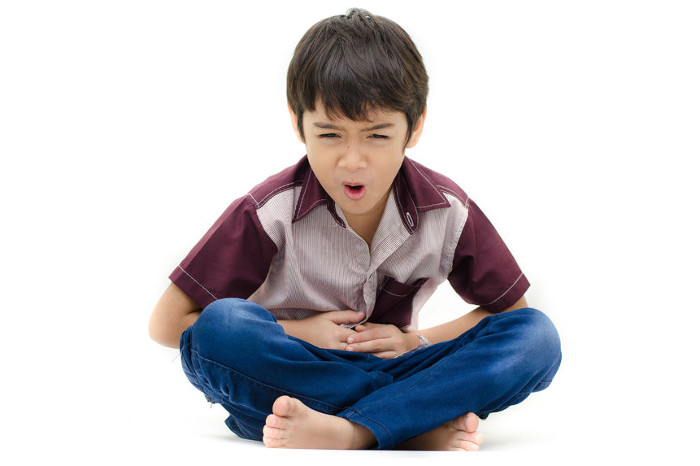
In terms of routine child care, like vaccinations, regular check-ups and common childhood illnesses like the flu, ear infections and tummy upsets, a GP would just as easily diagnose and treat your child as effectively as any PD. However, if there is something a little unusual going on, and more severe illnesses like childhood leukaemia, chronic allergies or a genetic order like cystic fibrosis might be the cause, it would be good to visit a PD, who would be able to refer you to a specialist if the issue is a serious point of concern.
3. Time
PD clinics are generally much more crowded than the regular GP ones. And understandably so, as attending to young children is definitely more time-consuming and challenging – even something simple like looking at the throat can take well over a minute because the young patient is struggling to sit still and open wide! So, if it’s a simple case of a cold, a short trip to the GP might well be more productive than an hour’s wait in a PD’s waiting room.
4. Character
At the end of the day, perhaps the most important factor is the individual involved – the doctor. Even a very highly recommended and respected PD or GP can be a bad fit if he or she doesn’t know how to help your child feel at ease, doesn’t have the time of day or patience to answer your questions or makes a misdiagnosis once too often.
Find a doctor with whom your child and you feel the most comfortable. Look for one that cares as much for your heart (emotions) and mind (knowledge) as your physical body. Choose someone who obviously loves and cares for children, and values the family. As long as you find someone worthy of that trust, and with a good track record to boot, I think you’ve got all the answers you need.
By Dorothea Chow.
If you find this article useful, do click Like and Share at the bottom of the post, thank you.
Like what you see here? Get parenting tips and stories straight to your inbox! Join our mailing list here.












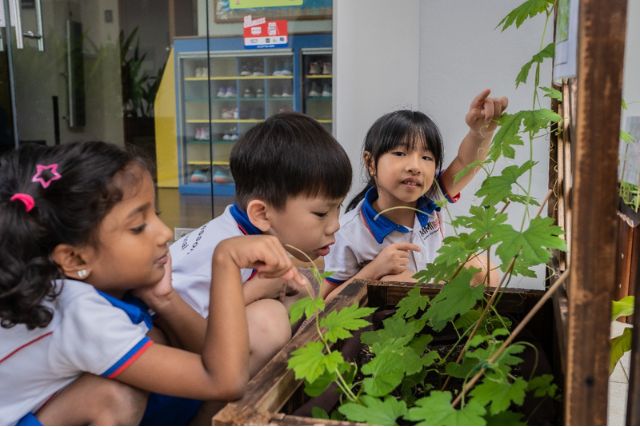


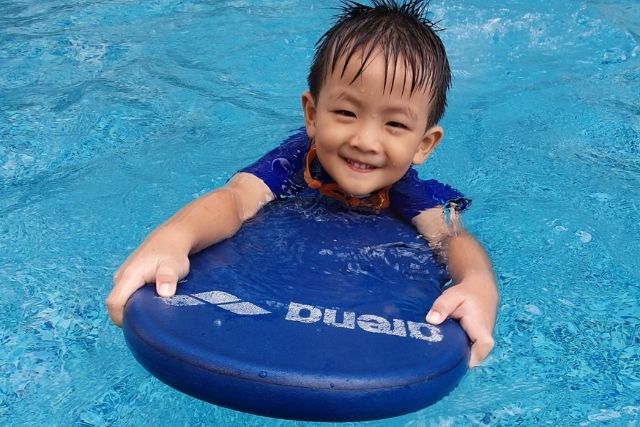





















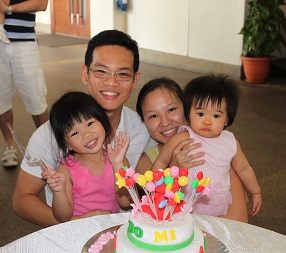
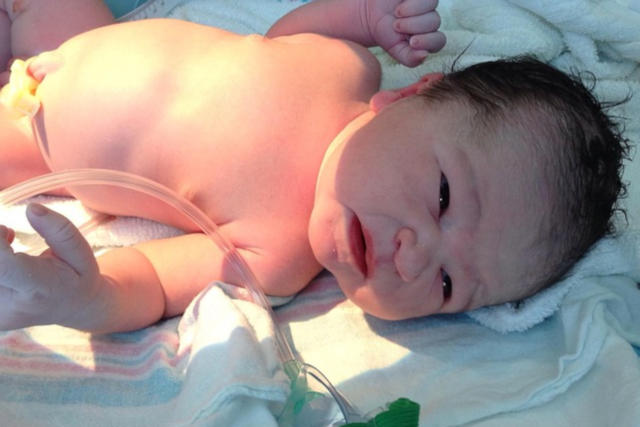
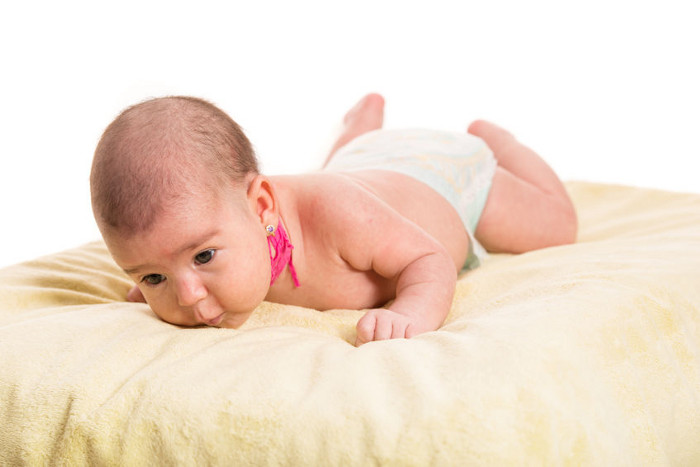

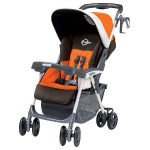
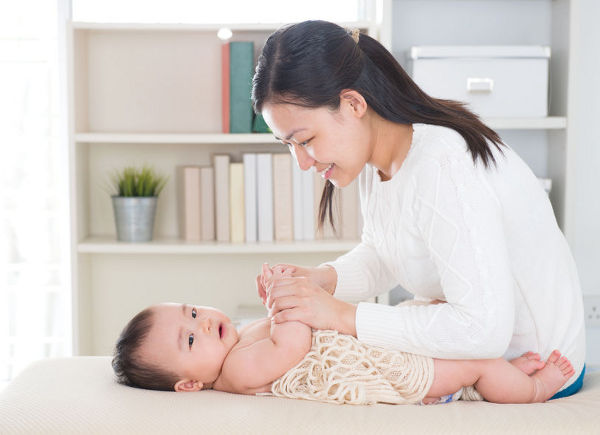
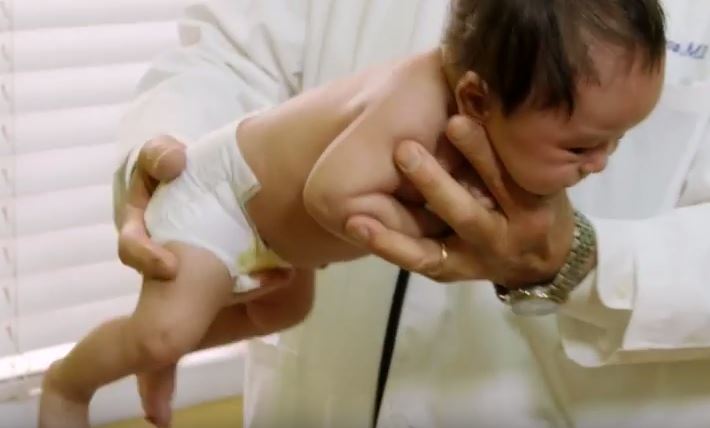


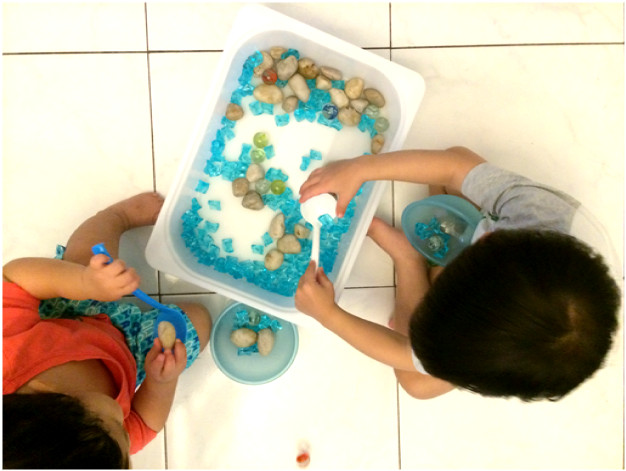
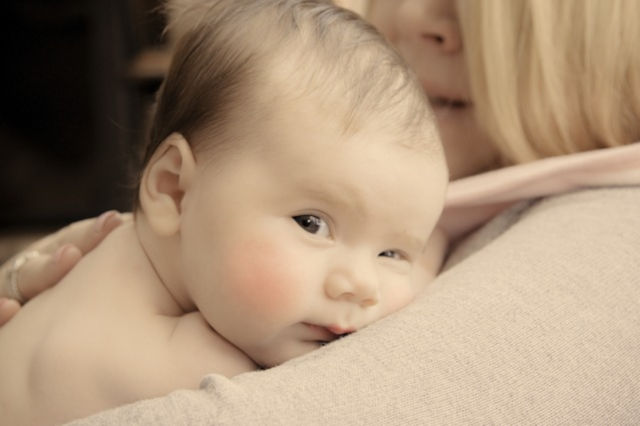
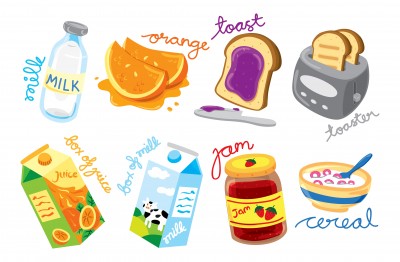


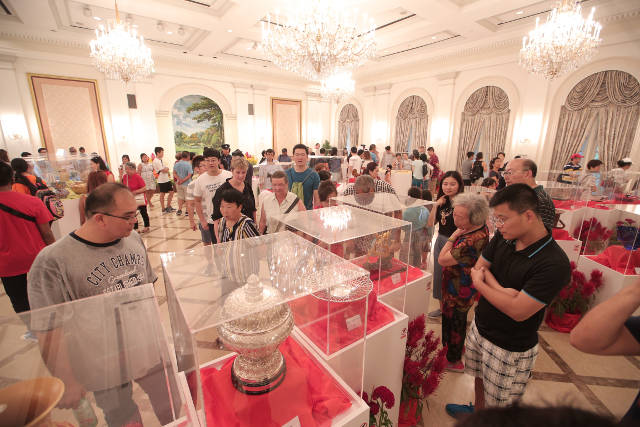
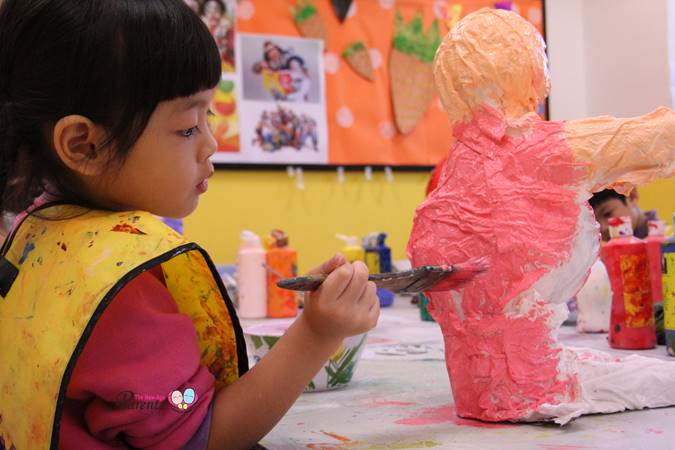







Leave a Comment: